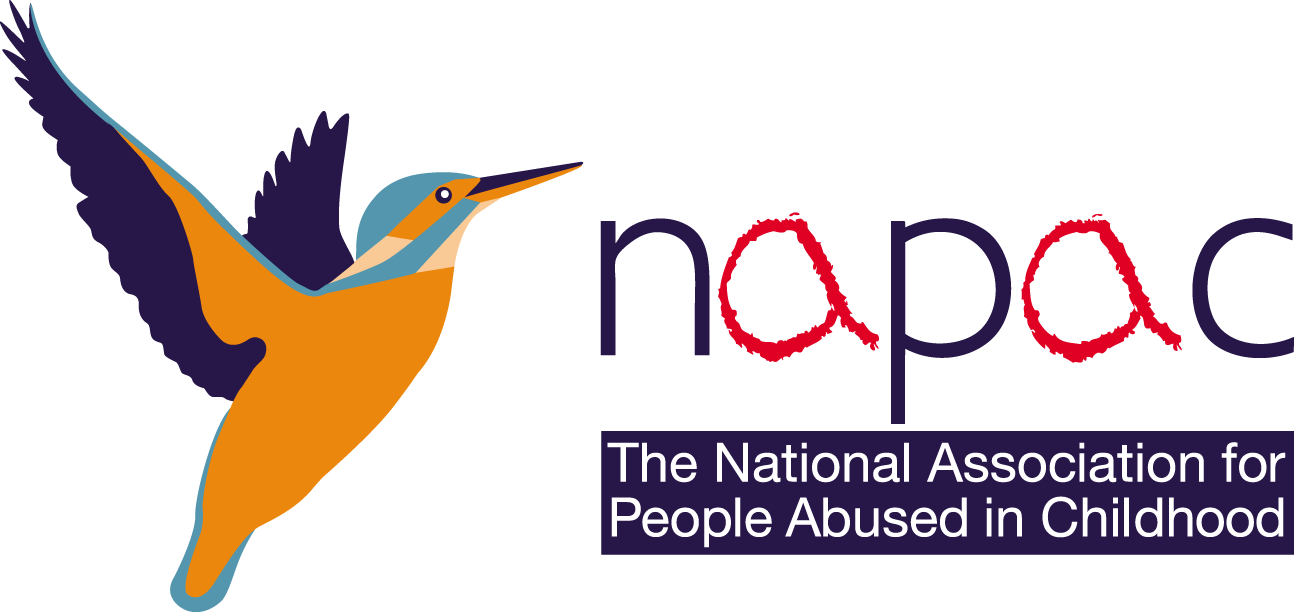
The government has announced the formulation of a new child sexual exploitation taskforce to pursue organised criminal gangs who are sexually exploiting or grooming children.
What were the key points of the announcement?
- A new taskforce will see specialist officers assisting police forces with active investigations into child sexual exploitation and grooming
- Data analysts will work alongside the taskforce using the latest data and intelligence to identify criminals
- Legislation will be introduced to make being the leader of or involved in a grooming gang a statutory aggravating factor during sentencing, meaning it is considered a more serious crime
- Home secretary Suella Braverman is consulting on introducing a mandatory reporting duty across the whole of England
The full government press release is available here – https://www.gov.uk/government/news/pm-to-clamp-down-on-grooming-gangs
What do we have to say?
NAPAC welcomes the government’s commitment to pursuing perpetrators of organised child sexual abuse and consulting on the introduction of mandatory reporting.
It is vital that the voices of victims and survivors are heard, and we are pleased with the work being done in response to the recommendations made by IICSA. Mandatory reporting is an important tool which has the potential to enhance child protection, as long as the system in which it operates is properly resourced, trained and functional. The consultation on mandatory reporting will be an excellent opportunity to learn from children today and adult survivors.
Grooming gangs are an important issue, but we must not forget that they are a subset of wider child sexual abuse and exploitation in many different settings. Better professional training, support for survivors of all ages and safeguarding initiatives are needed if we are to address the effects of childhood abuse in a truly meaningful way.
At NAPAC, we know from adult survivors that very few children will disclose the abuse at the time it is happening. In fact, according to NAPAC data, the average time it takes someone to disclose abuse after it has stopped is 22 years.
It is imperative that appropriate support is available at every stage of a survivor’s recovery journey, and that any institution engaging with survivors is well-versed in a trauma-informed way of working.
This announcement is both a step in the right direction and a recognition that there is still more to do. NAPAC is committed to playing its part in this process which we want to result in the best possible child safeguarding measures and support for survivors.
Gabrielle Shaw, Chief Executive, NAPAC
